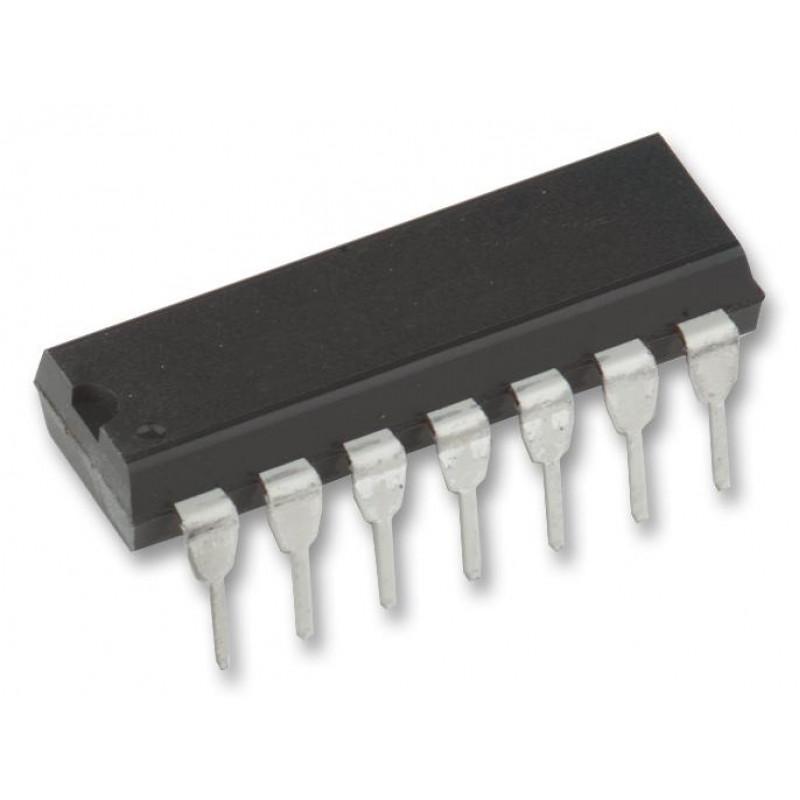I like the product and how easy is it to use them and making a tight grip on the wires
for additional 5% discount! + Redeem RC COINS 👇
Dual 4-bit Binary Ripple Counter IC - 74HC393
Let us know!
We'll try to match the price for you
Couldn't load pickup availability




The 74HC Series 74HC393 is a 14 Pin Dual 4-bit Binary Ripple Counter IC having 2V to 6V Operating Voltage range and 50 Mhz Clock Frequency. Each counter features a clock input (nCP), an overriding asynchronous master reset input (nMR), and 4 buffered parallel outputs (nQ0 to nQ3).
The counter advances on the HIGH-to-LOW transition of nCP. A HIGH on nMR clears the counter stages and forces the outputs LOW, independent of the state of nCP. Inputs include clamp diodes. This enables the use of current limiting resistors to interface inputs to voltages in excess of VCC.
check out : Dual 4-bit Decade Ripple Counter IC - 74HC390

| Supply Voltage | ? 0.5 to + 7.0V |
| DC Input Voltage | ? 1.5 to VCC + 1.5V |
| DC Output Voltage | ? 0.5 to VCC + 0.5V |
| Clamp Diode Current | ± 20 mA |
| DC Output Current, per pin | ± 25 mA |
| DC VCC or GND Current, per pin | ± 50 mA |
| Storage Temperature Range | ? 65°C to + 150 °C |
| Power Dissipation | 500 mW |
| Lead Temperature | 260 °C |